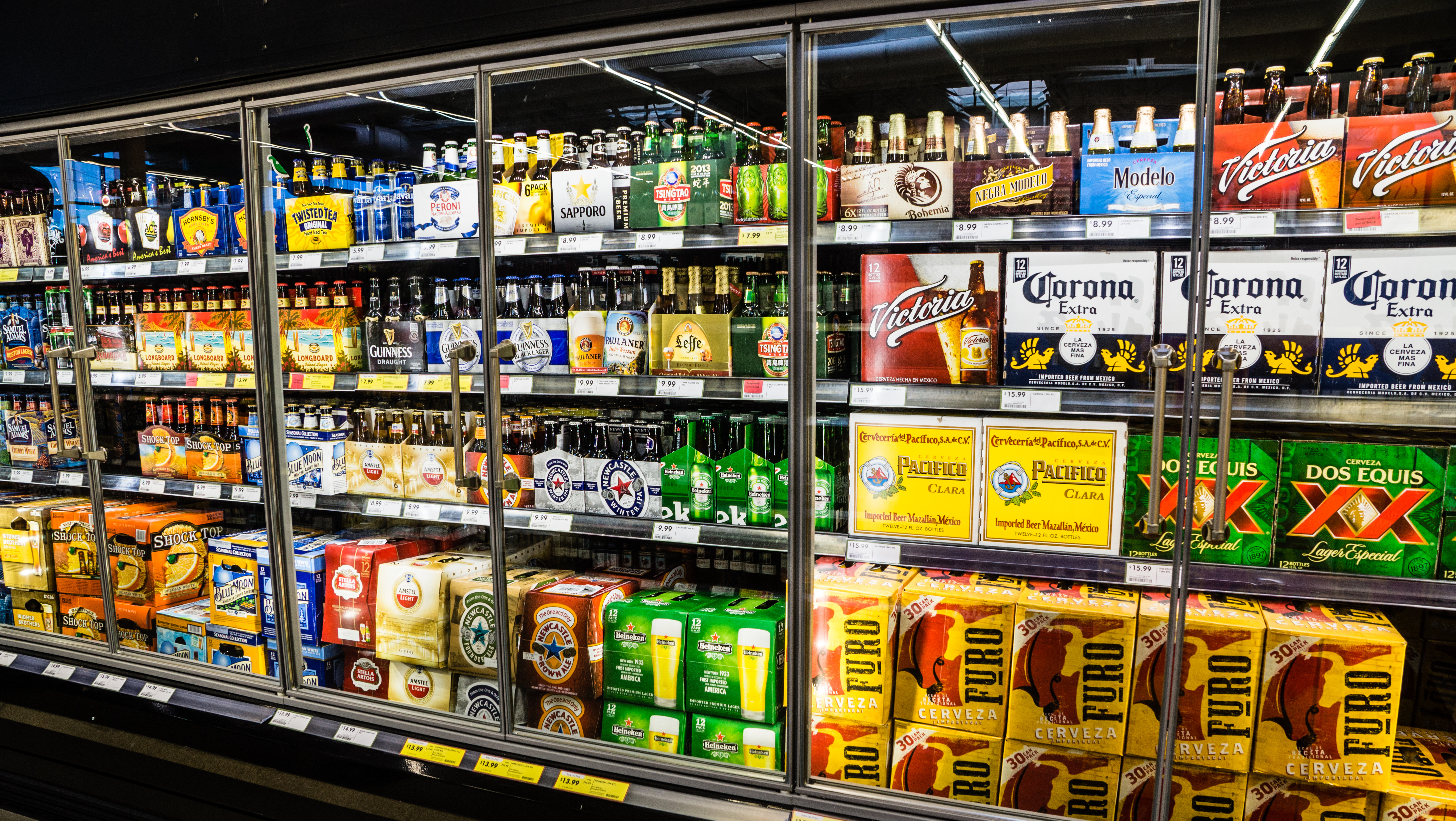
ST. GEORGE — A measure that would replace 3.2 percent alcohol beer in Utah with 4.8 percent passed the Utah Senate Tuesday.
Senate Bill 132 passed by a 27-2 vote a day after it was debated on the Senate floor.
A number of states have passed more lenient laws allowing beer with higher alcohol content to be sold in grocery and convenience stores, which has greatly lessened the demand for what has been jokingly referred to as “near-beer.”
Major beer manufacturers are phasing out the lower alcohol brew because of the dwindling demand.
The bill sponsored by Sen. Jerry Stevenson, R-Layton, would allow Utah to ditch 3.2 percent beer in order to avoid a declining beer selection and supply that could potentially hurt private retailers.
Read more: Senate committee approves bill that would allow stronger beer despite LDS church opposition
Stevenson said the phase-out of 3.2 percent beer will have a negative impact on grocers and convenience stores, particularly in the rural parts of the state that heavily rely on beer sales to stay open.
The lack of product creates a lack in choice for the consumer, as well as empty shelf space for the stores they frequent, Stevenson said.
Sen. Don Ipson, R-St. George, agreed.

“This bill will enhance our grocery and convenience store business and keep it from being deteriorated,” Ipson said, adding that between 2,500 to 3,000 retail outlets depend on beer sales to survive.
“It’s already affecting their business. Let’s not tie the hands of 3,000 retail outlets by not letting them have the products they need available to complete their sales.”
Beer with over 3.2 percent alcohol is sold in state liquor stores, Stevenson said. Higher content beers make up 10 percent of state liquor sales overseen by the Utah Department of Alcoholic Beverage Control, he said.
Of that 10 percent, half falls within the 4.8 percent alcohol content range. That number represents around $23 million in sales that would be moving out of the state liquor stores to private retailers.
This wouldn’t necessarily be a loss for the state, Stevenson said, as DABC sales have been rising at a rate of 7 percent year after year. The move from state-controlled venue would simply slow that growth for a time while the state stores filled the shelves with other products.
Sen. Lyle Hillyard, R-Logan, said he wasn’t in favor of the bill during Monday’s discussions. He saw it as potentially allowing minors easier access to more potent alcohol, as well as a gateway to having wine sold in grocery stores.
The bill now moves to the House for consideration.
Read more: See all St. George News reports and opinions on Utah Legislature 2019 issues
Resources
- Read full text of bill: Utah 2019 Senate Bill 132 – Beer Amendments
- Contact legislators
- Bill sponsor: Sen. Jerry Stevenson | House sponsor: Rep. John Knotwell
- Southern Utah Sens. Evan Vickers, Don Ipson, David Hinkins and Ralph Okerlund | Listing of all senators.
- Southern Utah Reps. Travis Seegmiller, Bradley Last, V. Lowry Snow, Walt Brooks, Rex Shipp, Merrill Nelson and Phil Lyman | Listing of all members of the House of Representatives.
Email: [email protected]
Twitter: @MoriKessler
Copyright St. George News, SaintGeorgeUtah.com LLC, 2019, all rights reserved.